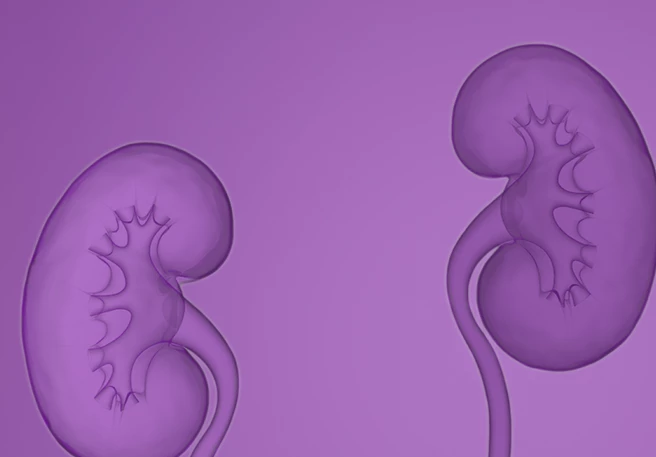
IgA Nephropathy: when the gut causes inflamed kidneys
Berger's disease, also known as immunoglobulin A Nephropathy (IgAN), is the most common form of glomerulonephritis, a disorder in which there is non-bacteria-related inflammation of the filtering units (glomeruli) of the kidneys. Whilst IgAN originates in the gut1, it is the kidneys that are damaged. Ultimately, 25-30% of those with IgA Nephropathy develop end-stage renal disease within 20-25 years, requiring dialysis or even kidney transplantation.2 At present, the treatment options for IgA Nephropathy are limited and new forms of treatment approaches are constantly being explored, it is hoped these could at least slow disease progression.
Learn more about IgAN
References
- Barratt J et al. Why Target the Gut to Treat IgA Nephropathy? Kidney Int Rep 2020; 5(20): 1620–1624.
- Kidney Disease: Improving Global Outcomes (KDIGO) Glomerular Diseases Work Group. KDIGO 2021 Clinical Practice Guideline for the Management of Glomerular Diseases. Kidney Int 2021; 100(4S): 1–276.
- McGrogan A et al. The incidence of primary glomerulonephritis worldwide: a systematic review of the literature. Nephrol Dial Transplant 2011; 26(2): 414–430.
- Coppo R. IgA Nephropathy: A European Perspective in the Corticosteroid Treatment. Kidney Dis (Basel) 2018; 4(2): 58-64.
- O’Shaughnessy MM et al. Glomerular disease frequencies by race, sex and region: results from the International Kidney Biopsy Survey. Nephrol Dial Tranplant 2018; 33(4): 661–669.









